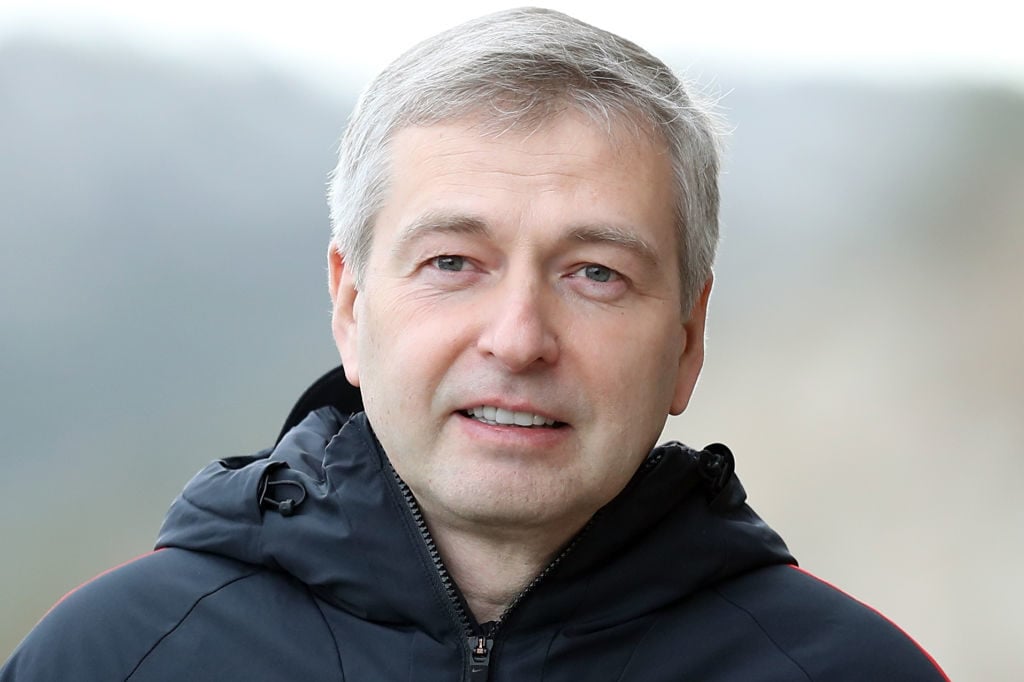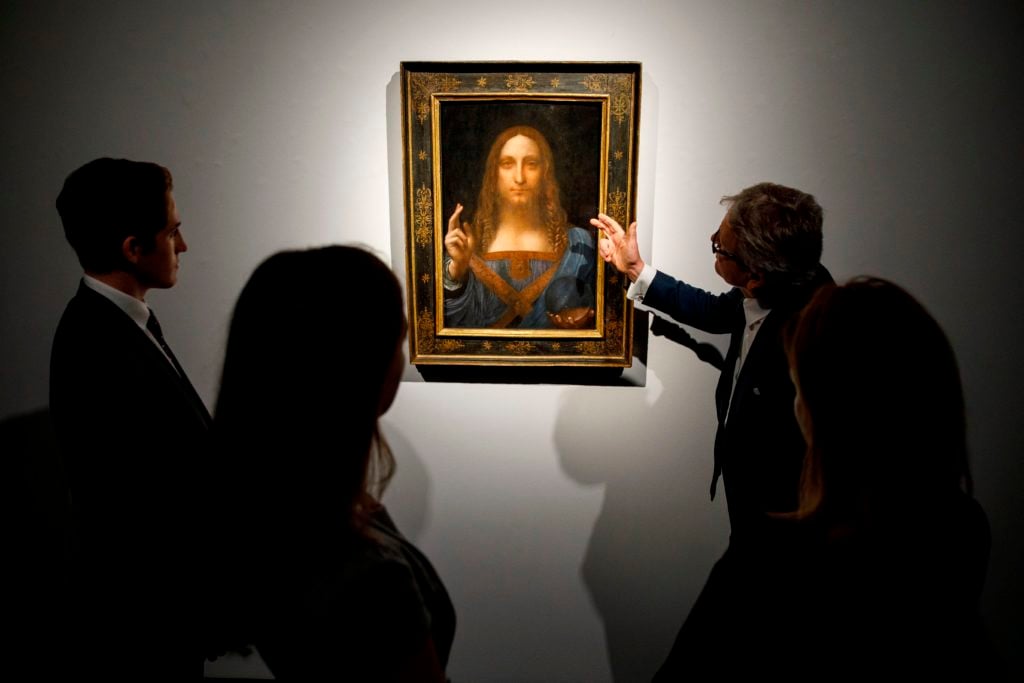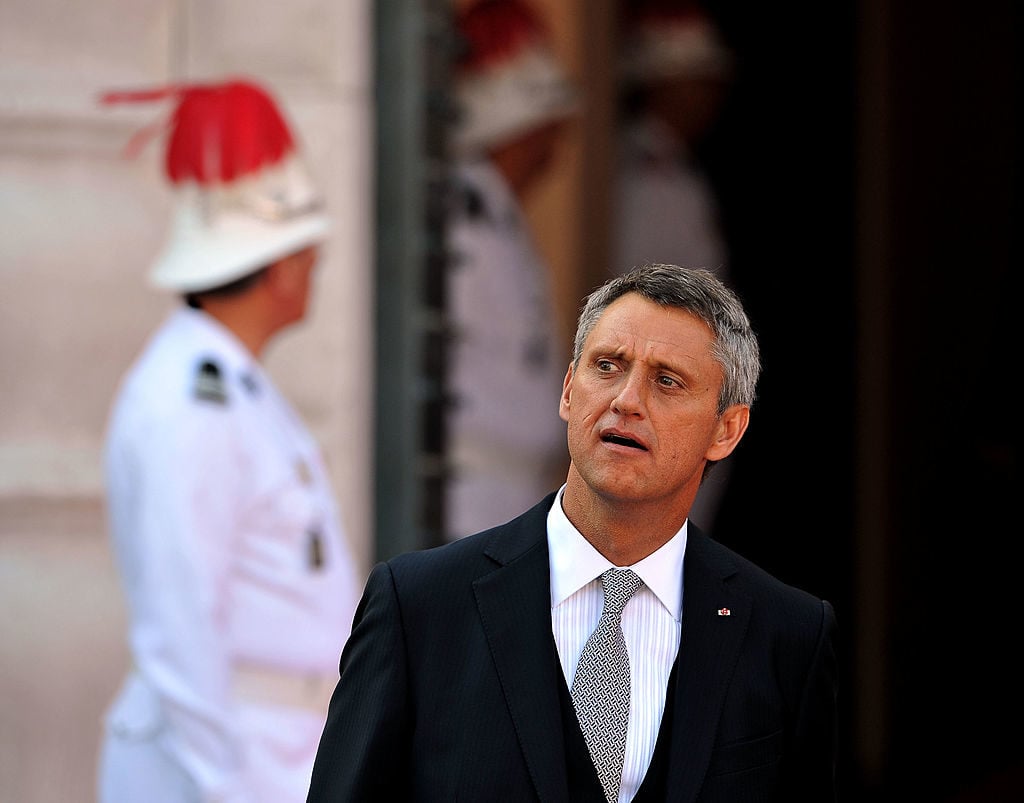Law & Politics
Yves Bouvier Declares ‘Complete Victory’ After a Prosecutor Dismissed Russian Billionaire Dmitry Rybolovlev’s Charges Against Him
Rybolovlev said he plans to appeal the Swiss prosecutor's decision to drop criminal charges.

Rybolovlev said he plans to appeal the Swiss prosecutor's decision to drop criminal charges.

Eileen Kinsella

Swiss businessman Yves Bouvier has claimed “complete victory” in the seemingly never-ending legal saga between him and Russian billionaire Dmitry Rybolovlev after a Geneva prosecutor dismissed the final remaining criminal complaints against Bouvier.
The lead Swiss prosecutor, Yves Bertossa, confirmed that Bouvier committed no fraud, mismanagement, breach of trust, nor money laundering, according to a statement shared with Artnet News by representatives for Bouvier. The news was first reported by The Art Newspaper.
“Today marks the end of a six-year nightmare,” Bouvier said in the statement. “For reasons that had nothing to do with my art dealing activities, an oligarch tried and failed to destroy me, mobilizing his extraordinary financial resources and influence.” Bouvier added that Rybolovlev tried “to asphyxiate me financially by launching bogus lawsuits all over the world.”
Bouvier could potentially still face charges of tax evasion in Switzerland on the related art sales, after a Swiss criminal court opted to unseal documents related to his finances in August 2020. A representative of the country’s Federal Tax Administration told Artnet News at the time that it does not give any information regarding specific taxpayers. Bouvier has argued that, having moved to Singapore in 2009, he is not liable for the Swiss taxes.
Bouvier is now working on a “tell-all” book about the international conflict, according to his representative, and has initiated what could amount to up to $1 billion in countersuit proceedings, beginning in Singapore.

Dmitry Rybolovlev earlier this year. Photo by Valery Hache/AFP/Getty Images.
Representatives for Rybolovlev’s family trust fired back almost immediately. In a statement shared with Artnet News, attorneys Marc Henzelin and Sandrine Giroud called the prosecutor’s decision “one-sided.”
“Public interest in this matter is all the more important given that some of its main protagonists are notorious for having failed to declare to the Geneva tax authorities the money they collected” from Rybolovlev, they said. The attorneys reiterated the allegation that Bouvier overcharged Rybolovlev by as much as $1 billion during 40 artwork transactions over a period of 10 years.
This includes the most expensive painting ever sold at auction, Leonardo da Vinci’s portrait of Christ, known as Salvator Mundi (circa 1500), which Bouvier sold to Rybolovlev for $127.5 million, just hours after acquiring it for $83 million from three dealers, in a deal brokered by Sotheby’s.

Christie’s employees pose in front of Leonardo da Vinci’s Salvator Mundi ahead of its sale at Christie’s New York on November 15, 2017. Photo: Tolga Akmena/AFP/Getty Images.
Rybolovlev then re-sold the work at Christie’s in 2017 for a world record price of $450.3 million. (Critics have pointed out that it’s difficult to see, therefore, how he can make the case for losing out when he received a presumbly hefty share of the more than $270 million in profit on the re-sale. There was a third-party backer at the sale who would have also shared in the upside.)
Bouvier appeared in the recently released movie Lost Leonardo about the mystery surrounding the painting’s current whereabouts. “It’s common sense. You buy low and sell high,” Bouvier said in the film about the transaction.
Rybolovlev announced immediately after the prosecutor’s decision that he would file an appeal in a Geneva criminal court.
The Geneva prosecutor, Bertossa, said that “most of the exhibits introduced” by Rybolovlev to support his complaints “were produced or gathered in the investigation in Monaco in an illicit and disloyal way” and were biased by violations of an “extreme gravity” on his part, according to the Art Newspaper. Bertossa’s office did not respond to requests for comment.

Philippe Narmino, Minister of Justice of Monaco. Photo by Pascal Le Segretain/Getty Images.
The prosecutor was referring to a 2017 corruption scandal in Monaco, dubbed “Monaco-gate” by the French press, involving Philippe Narmino, the minister of justice for Monaco who resigned after Le Monde published text messages revealing that he worked on behalf of Rybolovlev to influence the case.
Narmino, 64, reportedly decided to take an “early retirement” just hours after Le Monde posted the texts, which suggested “a vast influence-peddling scandal at the heart of Monaco institutions,” according to the newspaper.
Bouvier addressed this in his statement, saying: “The tables have now turned: Rybolovlev (and his lawyer Tetiana Bersheda) find themselves under three criminal investigations in Monaco, Switzerland, and France, and is suspected of having instrumentalized and corrupted public officials in the process of his attacks against Bouvier. Ten people, including several former Ministers, are being investigated as part of what is known as ‘Monacogate,’ the largest corruption scandal in Monaco’s history.”
Bouvier further asserted that Rybolovlev’s attacks on him were motivated by his divorce, for which he wanted to depreciate the value of his art collection. “Secondly, he wanted to punish me for having refused to corrupt Swiss judges for his very expensive divorce. Thirdly, he wanted to steal my freeport business in Singapore and build his own for the Russian Federation in Vladivostok,” according to the statement.
“Today marks the end of the scandalous vendetta initiated by Rybolovlev in 2015,” said David Bitton, a lawyer for Bouvier in Geneva, “and a complete and absolute victory for our client.”
Update: This story has been updated to reflect the fact that Bouvier could potentially still face tax evasion charges from Swiss authorities and that there was a profit-sharing deal in place for the 2017 Christie’s auction due to an outside, or third party, guarantor.